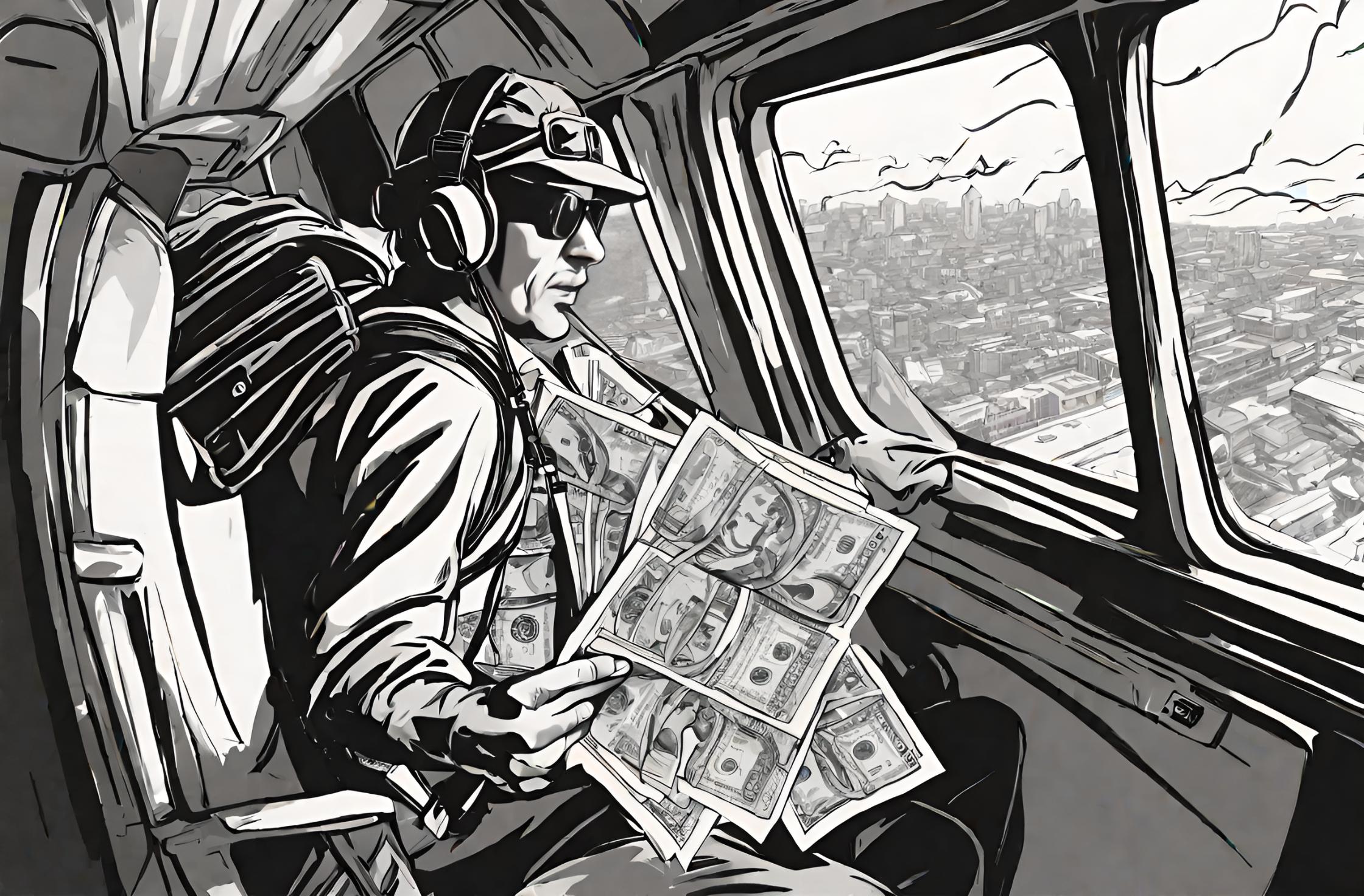Flashback to November 24
American History

1947
Un-American Activities Committee finds “Hollywood 10” in contempt because of their refusal to reveal whether they were communists.
Read moreIn the annals of American history, certain events stand out for their profound impact on society, culture, and the freedoms we hold dear. One such seminal event, which took place on November 24, 1947, involved the Un-American Activities Committee (HUAC) and its finding of the “Hollywood 10” in contempt due to their refusal to reveal whether or not they were communists. This event, laden with controversy and political tension, has been a subject of fascination among historians, film enthusiasts, and sociology scholars, who often examine it in the context of the Cold War, McCarthyism, and the dichotomy between freedom of speech and national security concerns.
The House Un-American Activities Committee, a body established by the United States House of Representatives, was tasked with investigating alleged disloyalty and subversive activities on the part of private citizens, organizations, and public employees. Its hunt for potential communism and communist sympathy within the American movie industry, infamously dubbed the Hollywood Blacklist, took a significant turn on November 24, 1947, when the HUAC found ten individuals — popularly referred to as the “Hollywood 10” — in contempt of Congress.
Caught in the sweeping paranoia surrounding communist infiltration, the Hollywood 10, comprised of screenwriters, directors, and producers, were interrogated by the HUAC. The ten resisted divulging any information about their potential involvement in the Communist Party, citing their First Amendment rights to freedom of speech and association. This response did not sit well with the committee, leading to the charge of contempt, as the men were seen as impeding the committee’s investigation.
It’s important to note that the finding of contempt against the Hollywood 10 did not occur in a vacuum. The rising tensions of the Cold War had stirred intense anti-communist sentiments across the nation, particularly within its political and public institutions. This atmosphere of suspicion and fear created a fertile ground for events like the one involving the Hollywood 10 to unfold. It was, in many ways, a reflection of the ideological conflict that was causing seismic shifts in global politics during this era.
The term “Hollywood 10” quickly became a buzzword in circles both critical and supportive of the committee’s actions. Many found the proceedings to be an egregious violation of the ten’s constitutional rights. Simultaneously, others perceived it as a necessity to safeguard national security. Regardless of the opinion, news of the charge against the Hollywood 10 spread like wildfire, and kept the public’s attention riveted on Hollywood, the HUAC, and the specter of communism looming over America.
Research into the wider implications of this event has shed insightful light on various aspects of American society. The saga of the Hollywood 10 significantly influenced the trajectory of the American film industry, leading to the banning of certain filmmakers, altering content produced to be more “American” in tone and theme and sparking debates on industry ethics and the role of politics in entertainment.
Furthermore, the events of November 24, 1947, played a significant role in shaping America’s stance on civil liberties, censorship, and the extent of governmental reach into the lives and professions of its citizens. From a historic perspective, the proceedings against the Hollywood 10 are typically viewed as a dark chapter in America’s quest for individual freedom and liberty, particularly concerning freedom of expression and association.
The echoes of the Hollywood 10 case continue to resonate, frequently invoked in discussions about governmental overreach and the importance of safeguarding civil liberties. This serves as an enduring reminder of a pivotal moment in our history when fear and suspicion fueled actions that tested the strength and boundaries of constitutionally protected freedoms in America.
We strive for accuracy. If you see something that doesn't look right, click here to contact us!
Sponsored Content

Hijacker Dan Cooper (AKA…
On November 24, 1971,…

James J Kilroy, tank…
"James J Kilroy, originator…

Un-American Activities Committee finds…
On November 24, 1947,…

National Rifle Association organized…
"The National Rifle Association…

